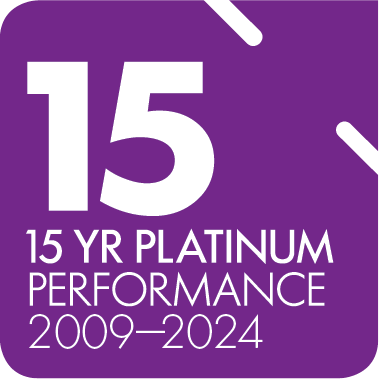Want to get your savings in order? The new financial year is a great place to start.
It’s a clean slate that allows you to set and track your goals for the next 12 months.
Here’s how to get started – regardless of your income.
1. Take a budget snapshot
You can’t set realistic financial goals and savings targets without knowing how much you’re earning (and what you’re spending it on).
A new financial year is a chance to sit down and work out all the known expenses you have coming up. Car registration, health insurance and mortgage repayments are all fixed costs that you should be planning for. Once you’ve got those big-ticket items listed, think about your regular expenses like groceries, travel and going out.
Don’t worry too much about the details at this point, you just want a rough estimate of what you know you’ll be spending vs your annual income – what’s coming in vs what’s going out. Crunch those numbers to see what you could potentially save.
2. Start tracking your day-to-day spending
A high-level view of your finances is great, but the reality is that most of us spend money throughout the week on ‘incidentals’ that quickly add up. A coffee here, a lunch there, a little splurge, and your savings are spent. An app that tracks your daily spending can be a useful way of understanding where your money actually goes on a day-to-day basis.
Technically, you can do all this with a spread sheet, but a budgeting app is an easier option. Most major banks offer free budgeting tools, and an online search can point you towards several free apps.
3. Pay yourself first
Is your bank balance running on fumes by the end of the month? Try paying yourself first. Simply allocate a percentage of your income towards a savings plan and deposit that cash into the appropriate bank account as soon as you’re paid. Whatever you have left is there to pay your bills and expenses until the next pay cycle.
Better yet, set up these payments as a direct debit, so the whole process is automated and you’re not tempted to spend the money.
If you’re trying to build up your super balance, consider salary sacrificing. This transfers a nominated amount into your super fund with each pay cheque. It can also help you reduce your income tax rate.
4. Find a reason to save
Having a specific goal in mind can help keep you motivated. The same applies to saving. Whether it’s a home loan, a new car, or an emergency fund, knowing what you’re saving for will help you stay focused and provide a tangible reward for your efforts.
5. Look for ways to cut costs
If you have a mortgage, this is probably your biggest monthly expense. So it’s a good idea to shop around and see how competitive your current interest rate is. A 1% difference on a $500,000 loan is $5,000 a year.
Your home loan isn’t the the only expense worth haggling over. Electricity, mobile plans, internet and insurance policies can all be renegotiated or moved to other service providers. Oh, and if you’re no longer driving to work, you may be able to reduce your car insurance premium.
6. Consolidate your debt
Australians owe around $20 billion on credit cards.
That translates to an average credit card debt of $2,933 and $1,567 in interest payments per card, per year.
Anything you can do to lower your credit card balance is going to save you money. Whether that’s making a one-off payment to bring down the balance, consolidating your credit cards into a single credit card with an interest free period, or taking out a loan with a lower interest rate to pay off the credit card – reducing the amount of money you owe on credit cards is one of the simplest ways to save money.
Don’t forget your tax return
End of financial year also means tax time. While that wouldn’t usually be a cause for celebration, you may be entitled to a higher-than-average refund due to COVID.
The Australian Taxation Office (ATO) has issued new guidelines for people who have been working from home due to the COVID-19 pandemic. The 'short cut method' means you can potentially claim “80 cents for every hour you worked from home,” as a tax deduction.
This flat rate approach is the easiest way to claim your additional expenses, but there are a number of different ways to boost that refund. You can learn more via the ATO website.
Get started today
Saving money isn’t just about income. What you do with that money is equally important.
The new financial year is a great opportunity to find your savings motivation, have a realistic look at your financial situation, and take the first steps to achieving your goals. And if you do happen to receive a larger-than-usual tax refund, that can help you jumpstart your savings plan.










